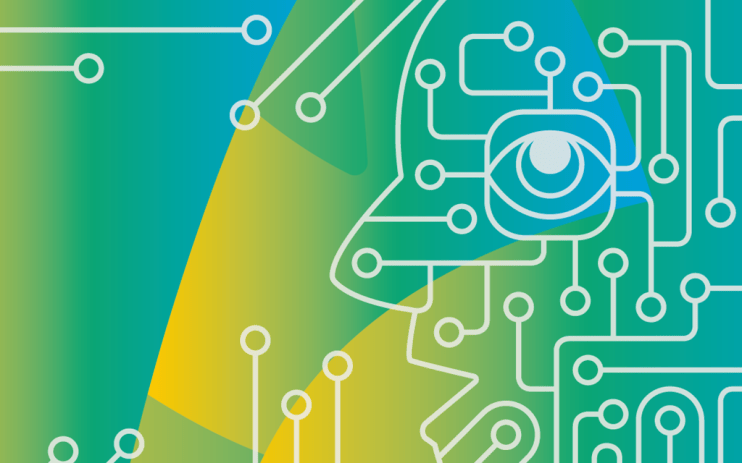
How a combination of skilled people and AI will shape tech and telecoms

Machines will undertake more tasks than humans by 2025, compared to 71 per cent being performed by humans in 2018.
Although this finding, from the World Economic Forum, might seem scary, the good news is that the evolution of artificial intelligence (AI) could create 58 million ‘net’ new jobs.
But if you’re in the tech and telco sector and you’re still feeling nervous about the prospect of having your entire team replaced by machines, there are ways to ready yourself for change, learn new skills to adapt and develop the skills that make us innately human. Combining that approach with making the most of what AI has to offer will make for a future-proof tech and telco workforce.
How people and machines will work together
Charlotte Patrick, a global tech analyst, recently predicted that many telco organisations could fall behind when it comes to adopting AI.
One of the main drivers to avoiding that lag is focusing on the importance of humans working alongside machines. Thanks to our ability to make decisions, people will always have a role in developing reasoning for machines – and machines can boost that reasoning with data and intelligence.
Executing decisions, however, is where AI can help teams to pick up speed. The need to make choices and take advantage of opportunities can arise quickly, and automation and AI can help you respond equally as fast. It is important, however, to make time to evaluate the quality of any suggestions made by a machine, and also the future impacts those suggestions may have. Human intuition is yet another thing that machines can’t replicate.
For marketing teams, AI tech provides manifold possibilities, such as updating text and images already being used to generate new content. This could minimise costs and maximise efficiency, freeing up time for human creativity and benefiting the wider organisation.
Keeping all of these changes accessible to the wider organisation is important, too. Organisations’ data and analytics teams will play a big part in that – and will also have to manage more complicated issues that come up.
How AI will help you better understand customers
This is where breaking down complicated and diverse data sets comes in. If you can do that, you’ll have a more holistic understanding of your customers and their needs.
Machine learning can help, through interpreting and managing the massive amounts of data that tech and telco organisations have. You will be able to transpose the understanding of data (via AI) into your organisational goals and your interactions with customers.
Beyond internal use of AI, it’s important to remember that customers will also become increasingly AI-savvy. They will be looking to tech and telco companies for more opportunities to interact with AI – and for better products, at a faster rate, based on their knowledge of the AI your organisation is working with.
Decisions will need to be made more quickly and product delivery will also need to speed up, all in an ever-more-competitive business landscape.
To respond to this, it is important to empower people to work well alongside machines, stay on top of all developments in the AI space and anticipate changes in regulation and customer mindsets.
A key feature of the tech and telco organisations that do this successfully will be providing top-notch training for employees.
How reskilling and upskilling fit with AI
There are so many benefits to helping your people develop new skills. Teams will not only be happier and more adaptable but they will be more effective and ready to keep on learning.
When you have taken stock of your current teams and roles, and understood how you might need to shift to better prepare for the future, the next step will be considering upskilling and training.
A one-size-fits-all programme likely won’t cut it. The best kind of learning is based on real-world examples that suit your organisation – and should be up-to-date with developments in the digital space.
Providing teams with self-directed and interactive learning that keeps them engaged will turn people into life-long learners who are always keen to grow and evolve within – and beyond – their roles.
The biggest way this applies to the predicted influx of AI within tech and telco businesses is creating teams that are prepared for and excited about change, especially the change that comes with digital disruption.
Empowering employees with learning will keep them progressing, and help them build a more diverse set of skills. In turn, this will help your organisation to future-proof itself with people who are well-rounded and well-equipped to fill the gaps that AI cannot fill.